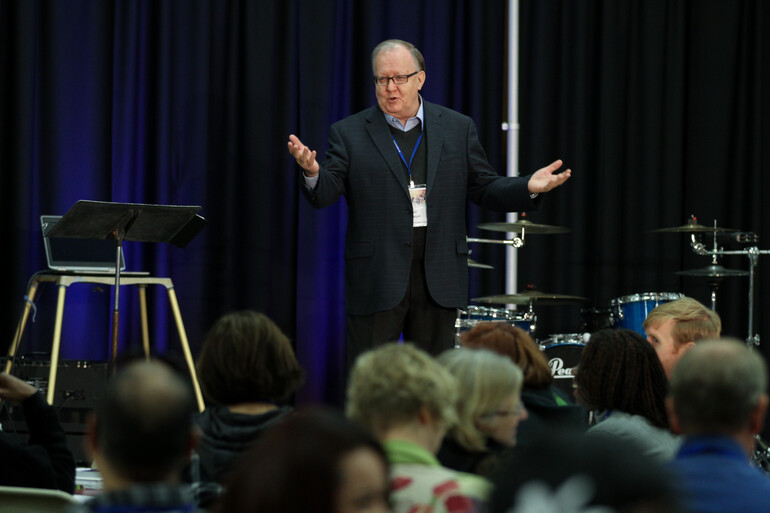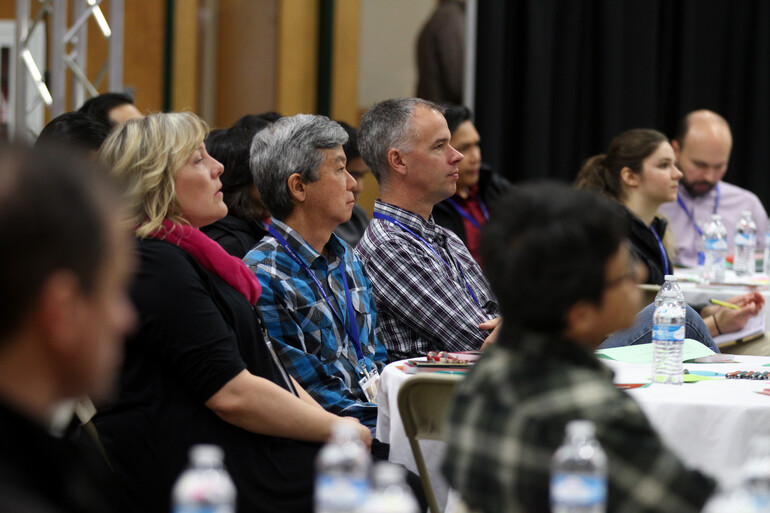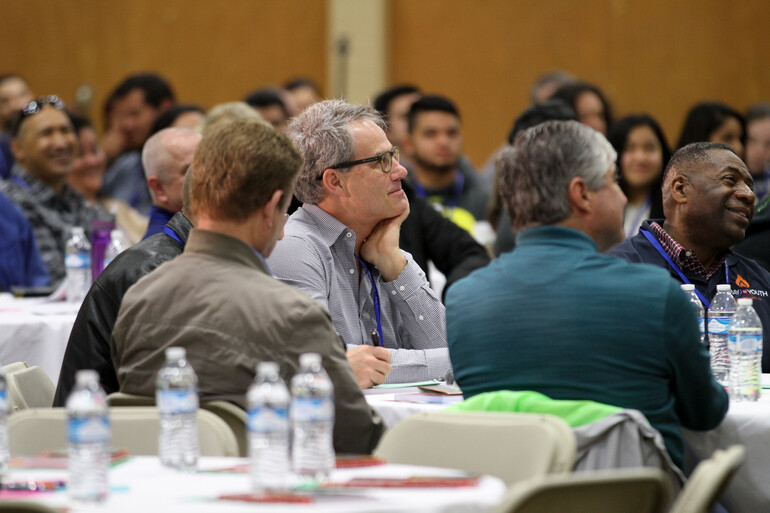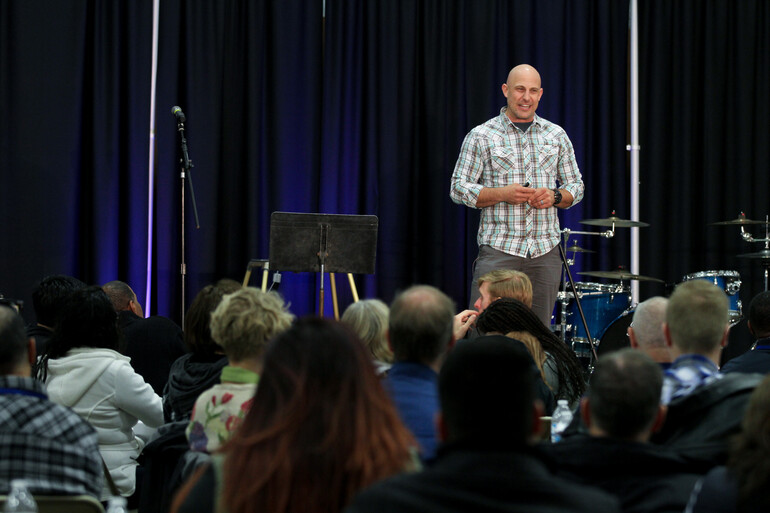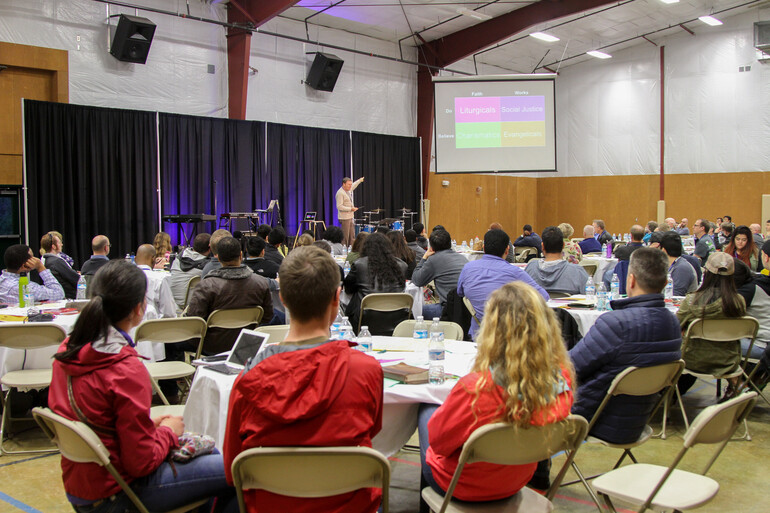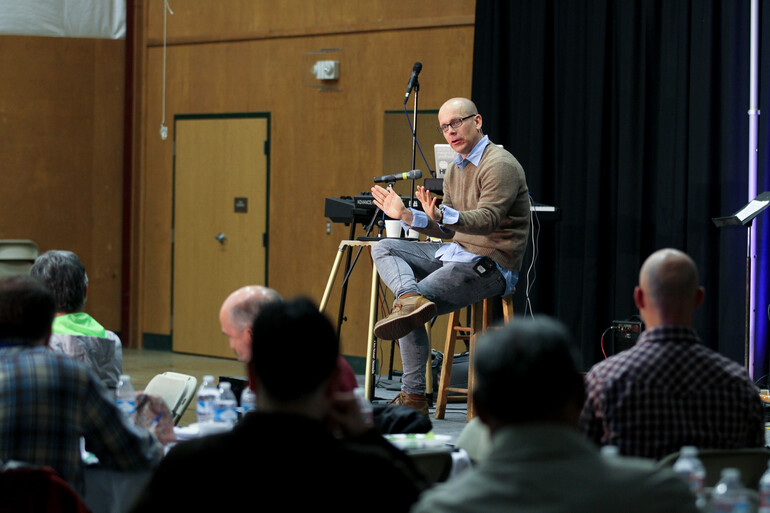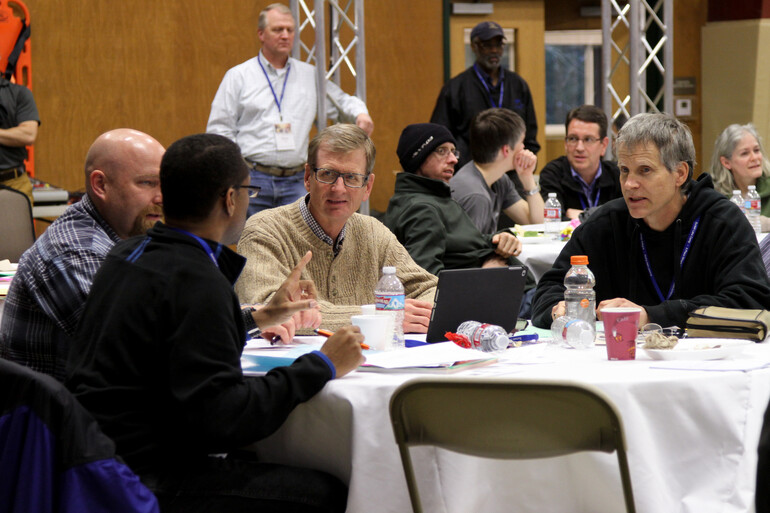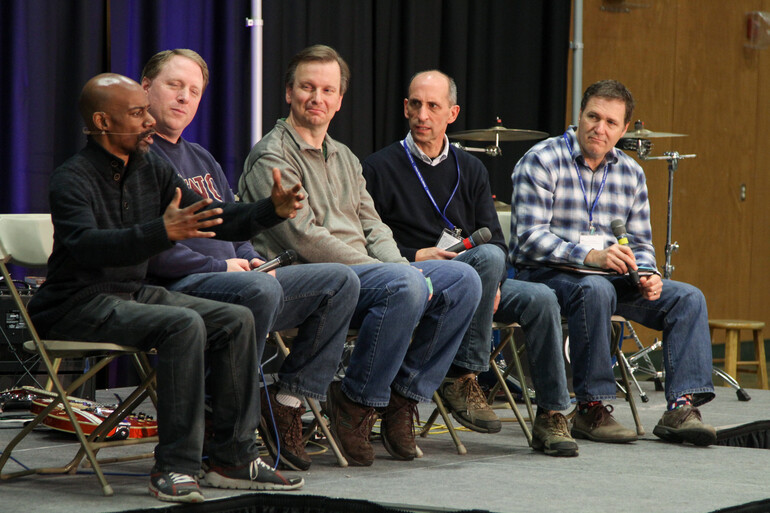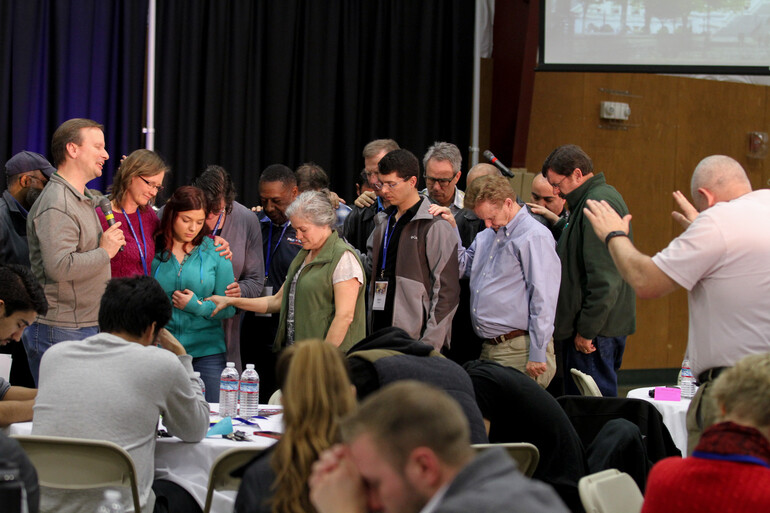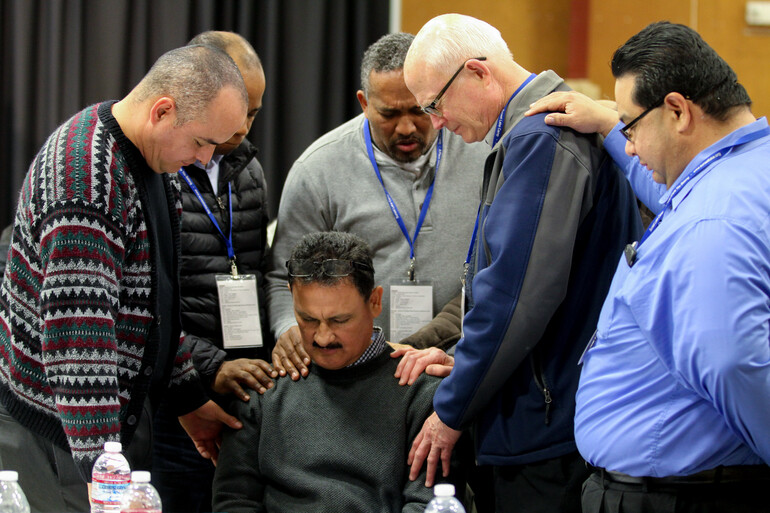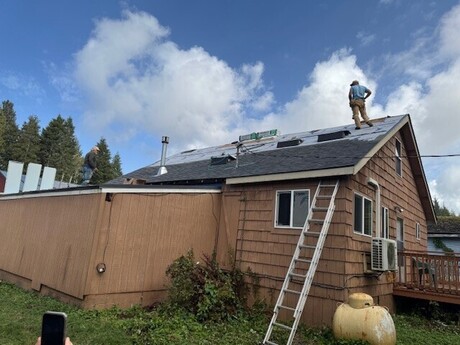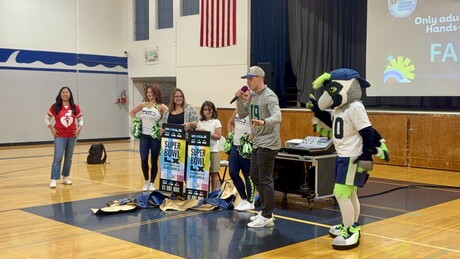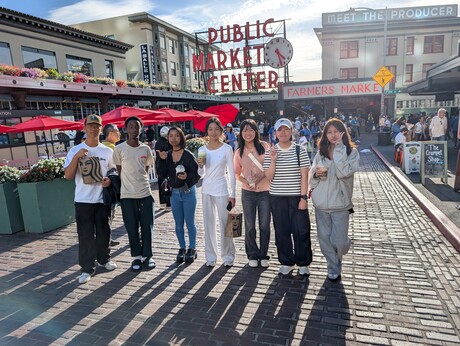From the platform at the Youth and Young Adult Conference, a baby boomer proclaimed how every church needed a roster of youth and young adults. Several graying heads in the audience nodded in agreement while scrawling notes of actions to take.
But at a round table in the back of the room, three up-and-coming Gen Z teenage leaders weren’t so sure and were ready to talk when it came time for discussion.
“A roster feels too much like school attendance,” began the young man.
His two female counterparts chimed in, “You can have the list, but we don’t want to see it. We want to have authentic conversations with adults. We don’t want to have adults contacting us because they are obligated to find out why we missed a week or didn’t participate in an activity.”
In 10 minutes, the generational preferences were clear: Older generations like processes and lists, while younger generations want authentic interactions (among other qualities).
“The conversation on generational transfer has been happening for thousands of years,” says Brad Lomenick, one of seven keynote speakers. “We don’t have many translators between generations. We need to help the next generation navigate their world.”
Key Words
In the terminology of youth and young adult ministry experts, five antidotes are needed to address the digital Babylon faced by savvy, hyperlinked, skeptical millennials:
- Nurturing meaningful relationships;
- Providing cultural discernment;
- Offering mentoring and accepting reverse mentoring;
- Explaining vocational discipleship (sharing your faith regardless of your career);
- Being tuned to God’s voice.
“We’re finding that what keeps young adults in the church are intergenerational relationships, stories of renewal and transformation, and a church environment of forgiveness and acceptance,” explains Ben Lundquist, incoming Oregon Conference young adult ministries leader.
After 170 Pacific Northwest (and beyond) leaders learned more about how the millennial you-only-live-once (YOLO) generation is searching for deep meaning and purpose in life, the balance of the training time March 6–8 at Sunset Lake Camp focused on practical ministry applications.
Out of the 40-plus ministry ideas shared, one of the most talked about concepts came from a presentation by Chap Clark from Fuller Theological Seminary in Pasadena, Calif.
Clark shared how every kid needs five nonparent adults in their life who have a parentlike relationship with the child or teenager. These nonparent adults may be a family friend, a teacher/coach, extended family members, a small group leader or a young ministry professional.
“We need to start praying and talking about how we can love young adults better,” says Bill Roberts, Washington Conference ministerial director. “Our churches need to be a place where young people feel affirmed, welcomed and valued.”
Three Ways to Love Young People Better
- Nurture: Pray for God to help you listen, learn and love young people. Be interested in their life, listen to concerns and wrestle with questions.
- Empower: Brainstorm ministry ideas with young people, identify resources, provide coaching and release young people to do the ministry God has called them to do.
- Include: Involve young people in the intergenerational life of the church. Let them see how they are important member in the body of Christ.





